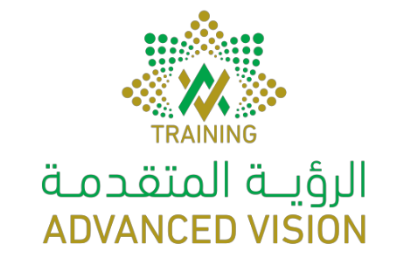In this course, you will learn the concepts of the Scheduling Domains, including:
- Utilize all tools and techniques to manage projects more effectively
- Learn to develop and monitor a schedule with and without the need for software assistance
- Employ the various scheduling methods, tools, and techniques, in addition to data from the multiple formats of schedule models
- Plan and structure project communications in an organized and efficient way
Introduction
- Introduction to the PMI Scheduling Professional® course
- Course Agenda
Schedule Strategy
- Overview - Schedule Strategy
- Plan Schedule Management
- Schedule Data Management
- Schedule Model Management Plan
- Critical Path Method
- Float
- Critical Chain Method
- Agile Release Planning
- On-Demand Scheduling
Schedule Planning and Development
- Overview - Schedule Planning and Development
- Define Activities
- Sequence Activities
- Estimate Activity Durations
- Risk Analysis Using Statistical Models
- Develop Schedule
- Schedule Model Creation
Schedule Monitoring and Controlling
- Overview - Schedule Monitoring and Controlling
- Schedule Model Maintenance
- Schedule Model Analysis and Control Schedule
- Earned Value Analysis
- Earned Schedule Management
- Schedule Compression
- Crashing Costs
- Drug Costs
- Fast Tracking Costs
Schedule Closeout
- Overview - Schedule Closeout
- Archiving Records
Stakeholder Communication Management
- Overview - Stakeholder Communications Management
- Analyze Stakeholders
- Schedule Model Instance
Taking the PMI-SP certification can provide a significant boost to your career. It validates your skills in project scheduling, making you a valuable asset to employers across various industries. PMI-SP holders are equipped to handle complex scheduling challenges, improving project outcomes and increasing their organization’s efficiency.
This course is intended for individuals who possess an active PMP certification and extensive scheduling experience and seek the PMI-SP certification.
If you have advanced knowledge and experience developing, managing, and maintaining project schedules and would like to showcase your skills, the PMI-SP is an excellent choice.
- Secondary degree
- 40 months of project scheduling experience within the last 5 years
- 40 hours of project scheduling education
or
- Four-year degree
- 24 months of project scheduling experience within the last 5 years
- 30 hours of project scheduling education
According to PMI, the PMI-SP is an excellent choice if you have advanced knowledge and experience developing, managing, and maintaining project schedules and would like to showcase your skills.
A PMI-SP certification can set you apart as a scheduling expert in your organization. You’ll be better equipped to lead project teams, optimize resource allocation, and ensure timely completion. This expertise can lead to promotions, leadership roles, and increased recognition within your industry.
- Project Scheduler
- Senior Project Scheduler
- Project Controls Specialist
- Increased earning potential
- Career advancement
- Diverse career options.
Examination Eligibility
- The certification exam has 170 multiple-choice questions; you have 3.5 hours to complete it.
- To maintain your PMI-SP, you must earn 30 professional development units (PDUs) every three years in the specialized topic of project scheduling.
Once an application has been approved, the one-year eligibility period begins. After payment of the certification fee, PMI will send you an email notification with your PMI eligibility ID, which you will use to schedule a test appointment.
The exam eligibility period (the period during which you can test) is one year. You may take the examination three times within this one-year eligibility period should you fail to pass on the first attempt.
Upon completion of the training course, participants will receive a Certificate of Attendance from HDTC Academy for Administrative Development.










